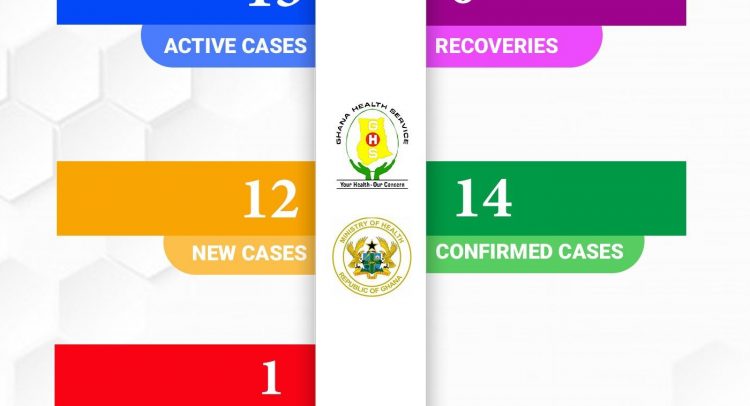The Ghana Health Service (GHS) has confirmed 12 new cases of Lassa Fever, bringing the total number of cases recorded to 14 with one death.
The latest figure follows further tests conducted by the Noguchi Memorial Institute for Medical Research on some 56 contacts traced from the initial two cases confirmed on Sunday, February 26.
According to the GHS, active cases stand at 13 with no recoveries recorded so far.
The GHS disclosed that the first case was a 40-year-old trader, who was unwell for a period of about two weeks and later died at the Korle-Bu Teaching Hospital.
“The second case is a contact of the fatal case and is currently on admission but is very stable. So far, 56 contacts have been identified and are being followed up by the Ghana Health Service,” a statement said.
GHS Director-General, Dr. Patrick Kuma-Aboagye, said Public Health Emergency Management committees at all levels (National, Regions and Districts) have been activated with detailed investigations including an environmental assessment ongoing.
The Health Service added that essential medications and logistics including personal protective equipment (PPE) are being mobilised, with contact tracing and management ongoing.
“Quarantine of contacts have been instituted and daily follow up by health staff is ongoing, strict infection prevention and control (IPC) with barriers nursing have been instituted, sensitisation of health staff and communities on Lassa fever has started.”
Lassa fever is caused by Lassa virus and the incubation period is 2-21 days.The virus is transmitted to humans through contact with food or household items contaminated with rodent (rats, mice) urine or faeces.
The Lassa virus may also be spread between humans through direct contact with the blood, urine, faeces, or other bodily fluids of a person infected with Lassa fever. Sexual transmission of Lassa virus has been reported.
The early symptoms of Lassa fever may include fever and general weakness. Persons may later present with headache, sore throat, muscle pain, chest pain, cough, and abdominal pain.
In severe cases, there may be bleeding from the mouth, nose, vagina or stomach. Death usually occurs within 14 days of onset in fatal cases.
There is medicine (antiviral) for treatment and much effective if taken early. There is currently no vaccine that protects against Lassa fever.
Prevention relies on promoting community hygiene to discourage rodents from entering our homes.
Effective measures include storing grain and other foodstuffs in rodent-proof containers, disposing of garbage far from the home, maintaining clean households and keeping cats.
By Jamila Akwleey Okertchiri


